A new open dataset to benefit onshore geoscience research
Data from deep onshore hydrocarbon wells is being released on an open access basis to help meet the UK’s net zero targets.
15/06/2023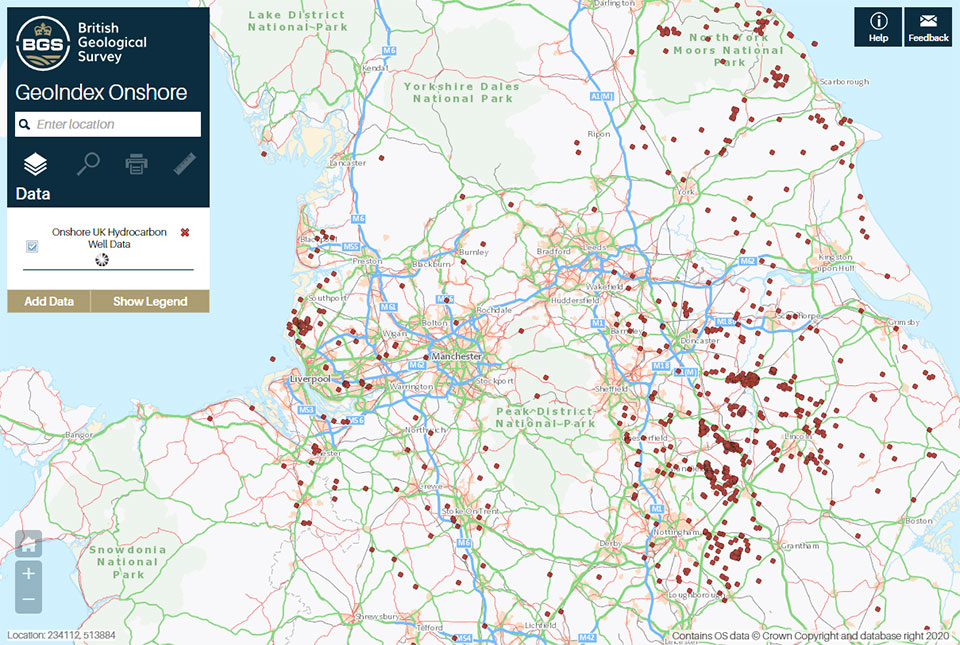
The North Sea Transition Authority (NSTA) has authorised the release of all the well data for onshore hydrocarbon boreholes held by BGS in the National Geoscience Data Centre (NGDC). Unlike borehole data from the North Sea, which has been available free of charge for some time, the data relating to these onshore boreholes was previously only available via data release agents. It is now available free of charge to industry, academics and the public via the BGS Geoindex, providing a new, free resource that will add to the knowledge necessary to meet net zero objectives.
Why is the data significant?
Few boreholes have been drilled to these depths (over 1 km) onshore in the UK and are almost exclusively a consequence of oil, gas or coal exploration. The oil and gas wells deeply penetrate the crust under the UK mainland and are geographically widespread across the UK.
Unlike coal wells, the oil and gas drilling data is better structured and better conforms to global standards of deep geological and deep geophysical data collection.
Most of the direct knowledge and samples that BGS has access to about the deep geology of the UK are based upon this data.
Why is the data being released?
Data from these deep hydrocarbon wells forms the best dataset to understand the geology of the deep UK subsurface. Widening access to the dataset could enhance the knowledge needed to meet net zero objectives:
- assessing the suitability of UK rocks for extraction of geothermal heat
- storing surplus energy from renewables and waste materials such as carbon dioxide
- identifying potential new mineral resources.
The data has been provided to BGS under regulation PON 9B, which sets out the records and samples requirements for onshore surveys and wells licensed by the NSTA. The data was previously held for BGS internal science use only, so this release widens the community of scientists who can access this important dataset. It includes the data for all boreholes that have been released (four years post-drilling) and for which BGS holds original geophysical data.
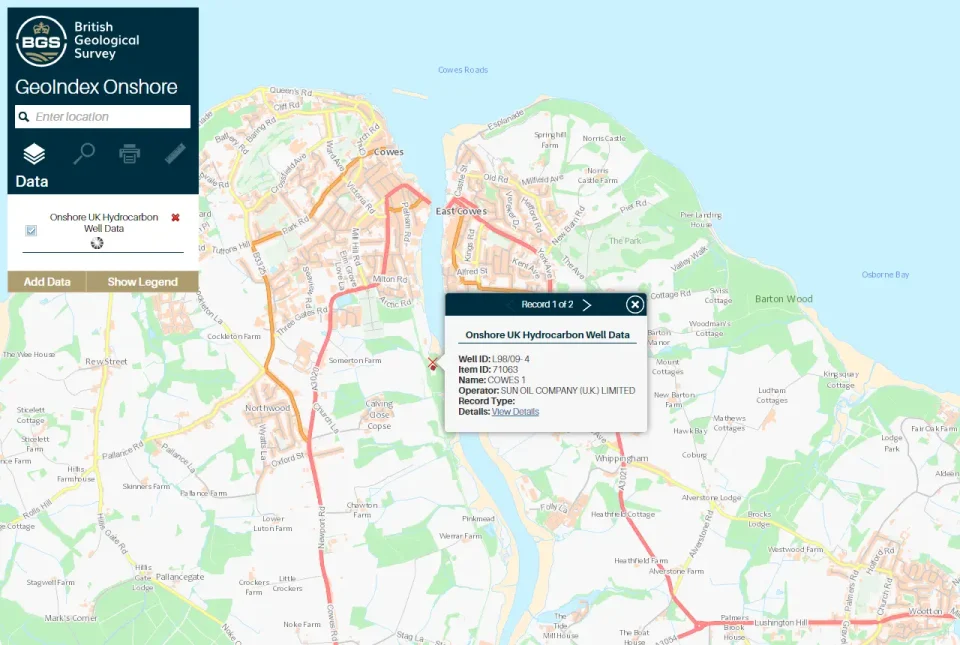
Example of onshore hydrocarbon well data on the BGS GeoIndex. Contains OS data © Crown Copyright and database right 2020
Data is being released using an Open Government Licence, which allows users to copy, publish, distribute and transmit the information, adapt the information and exploit the information commercially and non-commercially, provided that they acknowledge the source of the information.
The NSTA has collected data from more than 2200 onshore wells drilled in the search for oil and gas. Historically, half of that data were released through the British Geological Survey (BGS) with the rest provided by Data Release Agents on behalf of the NSTA. The new arrangement with the BGS means that all onshore hydrocarbon well data will be available from BGS. This free access to the unique onshore data will support the investment and innovation necessary to enable the ongoing energy transition.
Alan Poole, North Sea Transition Authority Geoscientist
BGS GeoIndex
The data is available via the BGS GeoIndex on a layer called ‘Onshore UK hydrocarbon well data’ and currently includes over 60 000 logs from 1200 wells and the number is still increasing. All related records in the BGS Borehole Index (which contains summary borehole metadata) have also been marked as open, releasing over 2000 records that were previously marked as confidential in the index.
About the authors

Andrew Kingdon
Head of BGS Digital Laboratories

Alison Steven
Data accession pipeline manager
Relative topics
Related news
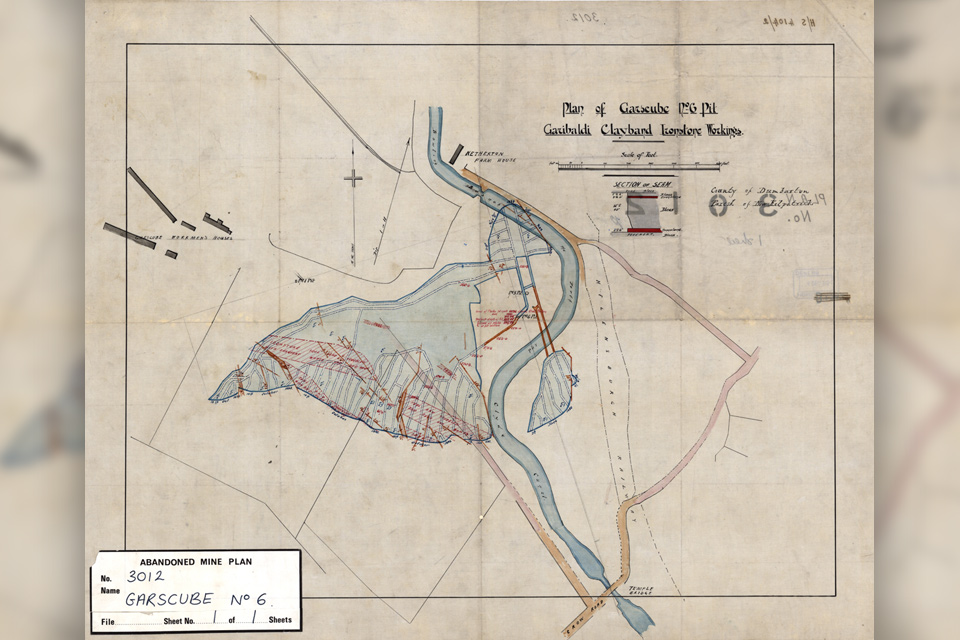
Release of over 500 Scottish abandoned-mine plans
24/06/2025
The historical plans cover non-coal mines that were abandoned pre-1980 and are available through BGS’s plans viewer.
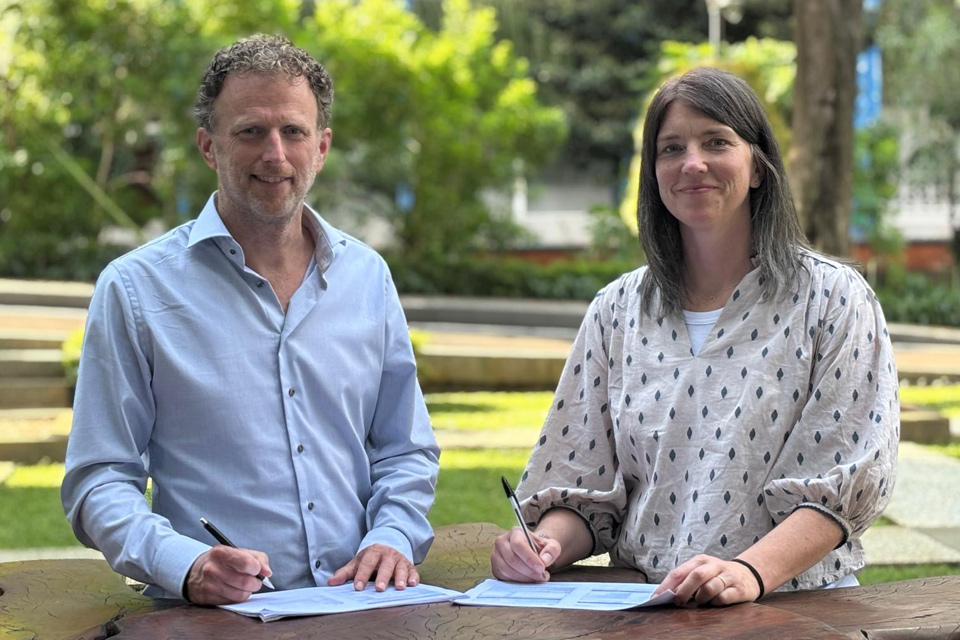
New collaboration aims to improve availability of real-time hazard impact data
19/06/2025
BGS has signed a memorandum of understanding with FloodTags to collaborate on the use of large language models to improve real-time monitoring of geological hazards and their impacts.
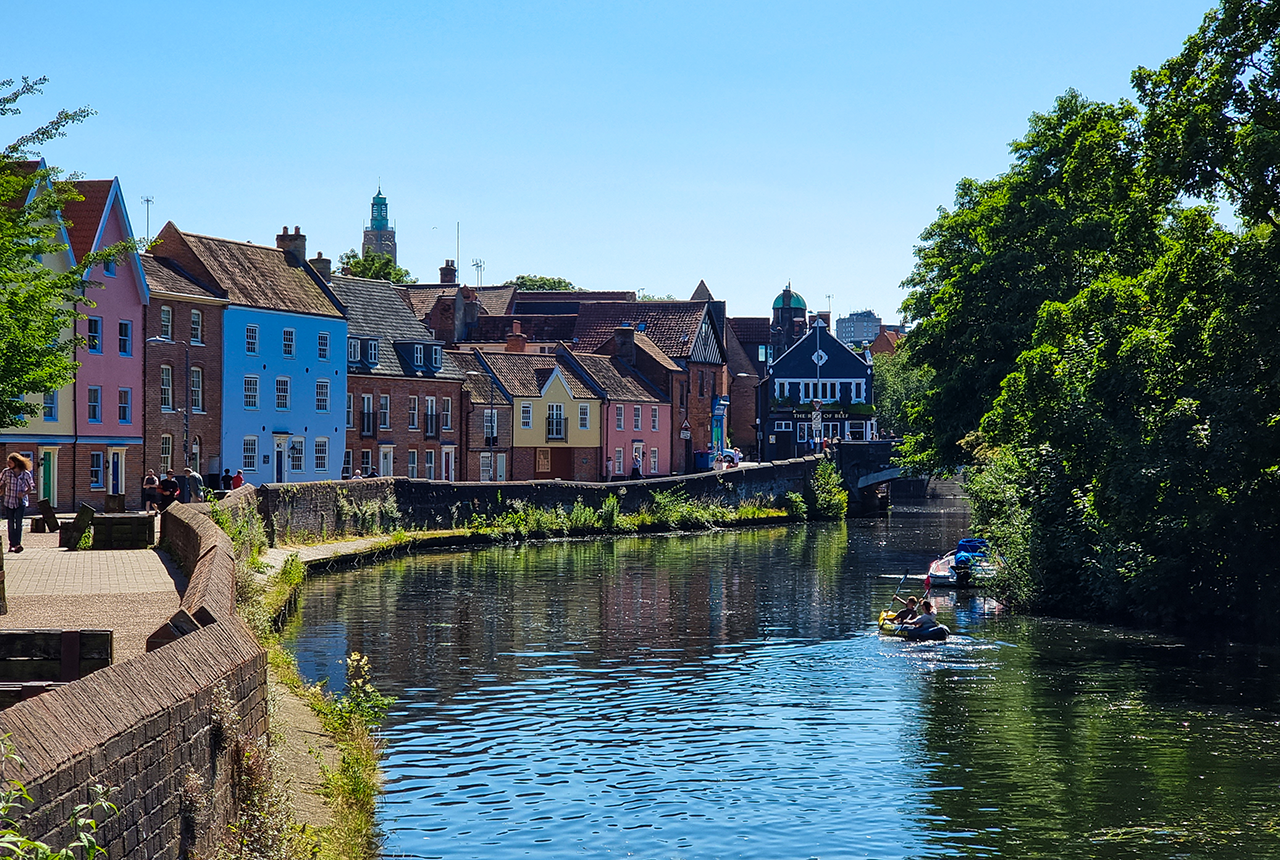
Modern pesticides found in UK rivers could pose risk to aquatic life
17/06/2025
New research shows that modern pesticides used in agriculture and veterinary medicines have been found for the first time in English rivers.

Goldilocks zones: ‘geological super regions’ set to drive annual £40 billion investment in jobs and economic growth
10/06/2025
Eight UK regions identified as ‘just right’ in terms of geological conditions to drive the country’s net zero energy ambitions.
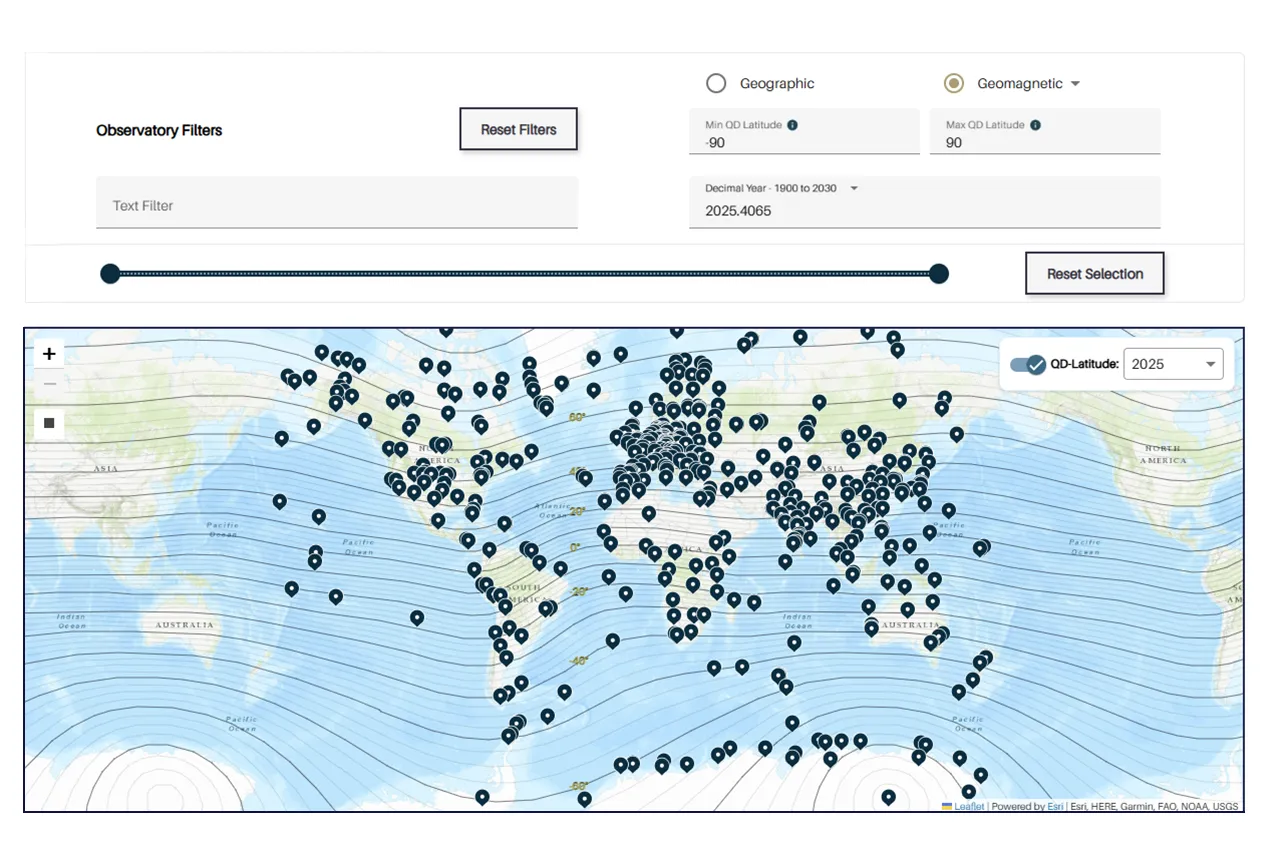
Upgraded web portal improves access to geomagnetism data
02/06/2025
BGS’s geomagnetism portal, which holds data for over 570 observatories across the world, has received a significant update.

BGS digital geology maps: we want your feedback
29/05/2025
BGS is asking for user feedback on its digital geological map datasets to improve data content and delivery.

What is the impact of drought on temperate soils?
22/05/2025
A new BGS review pulls together key information on the impact of drought on temperate soils and the further research needed to fully understand it.
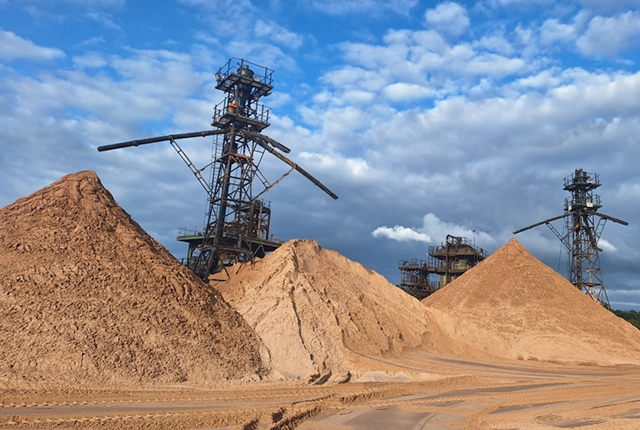
UK Minerals Yearbook 2024 released
21/05/2025
The annual publication provides essential information about the production, consumption and trade of UK minerals up to 2024.

BGS scientists join international expedition off the coast of New England
20/05/2025
Latest IODP research project investigates freshened water under the ocean floor.

New interactive map viewer reveals growing capacity and rare earth element content of UK wind farms
16/05/2025
BGS’s new tool highlights the development of wind energy installations over time, along with their magnet and rare earth content.

UKRI announce new Chair of the BGS Board
01/05/2025
Prof Paul Monks CB will step into the role later this year.
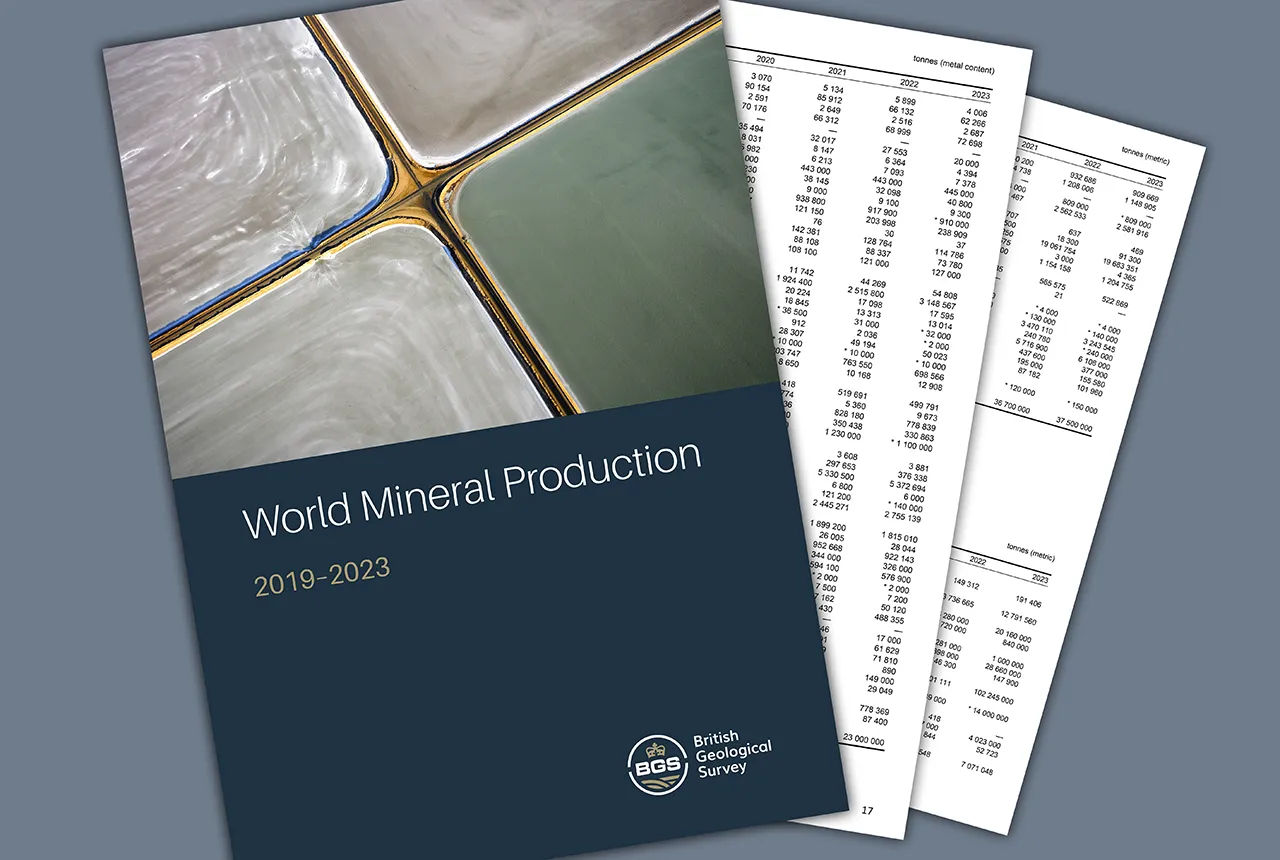
Latest mineral production statistics for 2019 to 2023 released
28/04/2025
More than 70 mineral commodities have been captured in the newly published volume of World Mineral Production.




